🪸 Coral Reef 🐠
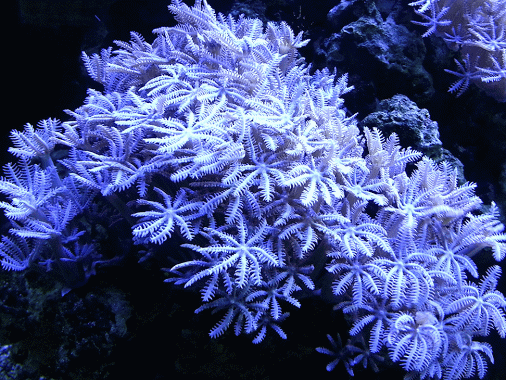

Saving Coral Reefs
One Coral At A Time
🪸 AARP 🪸
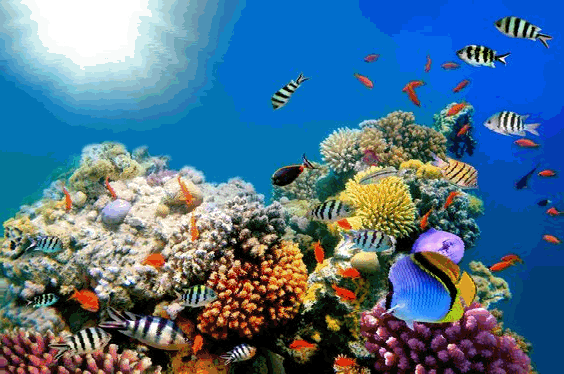
Visit the AARP WEBSITE: http://bit.ly/1dAgW3N
Like AARP on FACEBOOK: http://on.fb.me/1akoB9b
Follow AARP on TWITTER: http://bit.ly/1a4qR40
David Vaughan Wants to Save the World | AARP http://www.youtube.com/user/aarp
One Coral At A Time
🪸 AARP 🪸
Published on Jan 25, 2017
Decades into his career, marine biologist David Vaughan stumbled upon a method for growing coral faster than had previously been believed possible, a breakthrough that can add clean air to the planet, and has possible implications for treatment of cancer and tumors. Now he has a new lease on life and is determined not to retire until he can plant a million new corals.

SUBSCRIBE: http://bit.ly/KFywMu
About AARP:
AARP is leading a revolution in the way people view and live life after 50. AARP is a nonprofit, nonpartisan organization, with a membership of more than 37 million, that helps people turn their goals and dreams into real possibilities, strengthens communities and fights for the issues that matter most to families such as healthcare, employment security and retirement planning.
Connect with AARP Online:Visit the AARP WEBSITE: http://bit.ly/1dAgW3N
Like AARP on FACEBOOK: http://on.fb.me/1akoB9b
Follow AARP on TWITTER: http://bit.ly/1a4qR40
David Vaughan Wants to Save the World | AARP http://www.youtube.com/user/aarp

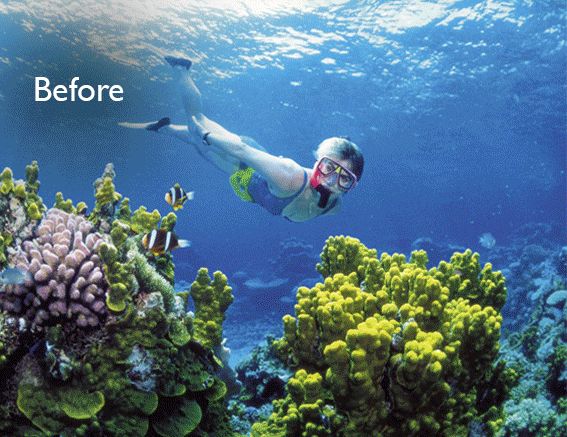
A Coral Reef
Revival
Revival
David Vaughan works on the Florida Reef Tract, the third largest coral reef in the world and a vastly important ecosystem for sustaining underwater life. He and a team of scientists are working to combat the crisis in the world’s coral reefs—that is, that human beings have lost 25 to 40 percent of the world’s corals in recent decades due largely to seawater temperature rise and continued acidification of the ocean. Vaughan has developed a technique called “microfragmenting” that allows corals to grow more than 25 times faster than normal, which could rapidly restore the dwindling population of healthy coral reefs. The Atlantic went inside the Mote Tropical Research Laboratory in Summerland Key, Florida, where Vaughan is the executive director, to uncover how the process works and understand how much hope there is to reverse the damage caused by humans.
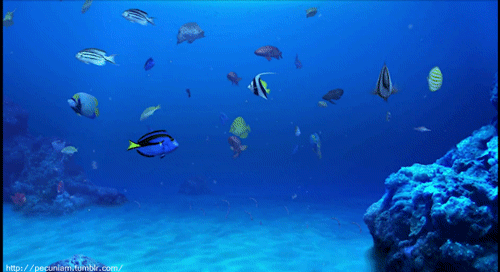
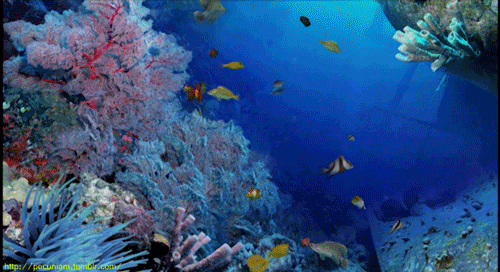
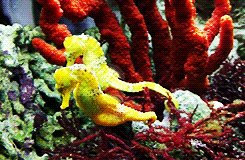


No comments:
Post a Comment